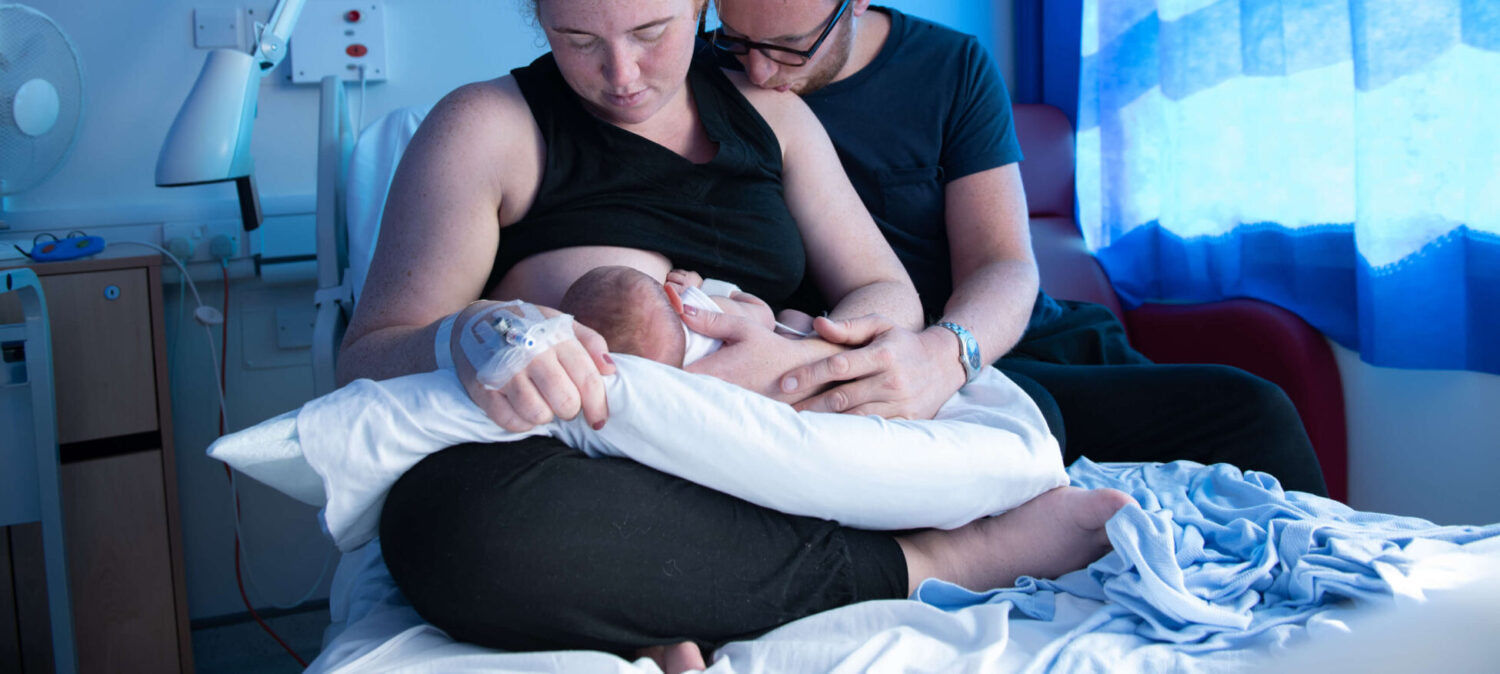Get email updates
Our work to support breastfeeding is based on extensive and resounding evidence that breastfeeding saves lives, improves health and cuts costs in every country worldwide.
- Infant health: Breastfeeding protects children from a vast range of illnesses, including infection, diabetes, asthma, heart disease and obesity, as well as cot death (Sudden Infant Death Syndrome)
- Maternal health: Breastfeeding also protects mothers from breast and ovarian cancers and heart disease
- Relationship-building: Breastfeeding supports the mother-baby relationship and the mental health of both baby and mother
- Worldwide benefits: The benefits are seen in both high- and low-income countries, with a study published in The Lancet in 2016 finding that increasing breastfeeding rates around the world to near universal levels could prevent 823,000 annual deaths in children younger than five years and 20,000 annual maternal deaths from breast cancer
- Cost savings: Breastfeeding contributes to significant savings to the NHS, with initial investments paying off within just a few years. A NICE costing report estimates that Baby Friendly accreditation will start to save a facility money after three years, owing to a reduction in the incidence of certain childhood illnesses. Baby Friendly’s report Preventing disease and saving resources found that moderate increases in breastfeeding would translate into cost savings for the NHS of many millions of pounds, and tens of thousands of fewer hospital admissions and GP consultations. In addition, Baby Friendly’s staged approach to assessment and accreditation allows facilities to spread costs and enables better financial planning.
Key sources of breastfeeding research
- Lancet breastfeeding series: Confirms the benefits of breastfeeding for children and mothers, regardless of whether they live in high- or low-income nations, and that countries are not doing enough to support breastfeeding
- Acta Paediatrica special issue on breastfeeding: Finds that the health benefits of breastfeeding are substantial, lasting well beyond the period of breastfeeding and affecting high- and low-income populations alike, whilst also demonstrating that the Baby Friendly Initiative is highly effective in improving breastfeeding rates
- Evidence and rationale for the Baby Friendly standards
- Preventing disease and saving resources: Looks at the potential health and cost contributions of increasing breastfeeding rates in the UK.
Find our more in our research section.
Breastfeeding is a natural 'safety net' against the worst effects of poverty ... Exclusive breastfeeding goes a long way toward cancelling out the health difference between being born into poverty and being born into affluence ... It is almost as if breastfeeding takes the infant out of poverty for those first few months in order to give the child a fairer start in life and compensate for the injustice of the world into which it was born.
James P. Grant, Executive Director of UNICEF (1980-1995)



